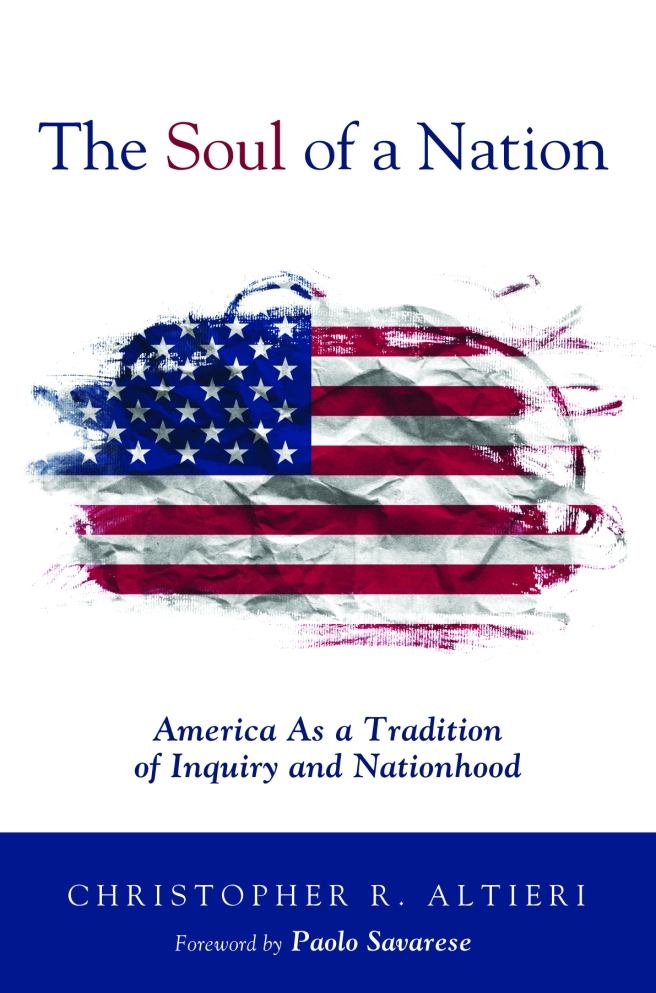In 1960, John F. Kennedy ran on a platform of strong anti-Communism, strong national defense, commitment to allies and friendly neighbors, tax rate reduction, open markets – including labor markets – and global free trade, and streamlined, targeted use of government to remove unfair and unwarranted obstacles to personal and social advancement through education and work.
Kennedy ran as the standard bearer for everyone with a strong national commitment to working toward the ever more perfect realization of shared ideals, in the undeluded knowledge that perfect achievement of those ideals is impossible and the practical understanding that making the perfect the enemy of the good is the shortest route to the most hellish kind of failure abroad and collapse into dystopia at home.
In 1960, if you were a conservative, you voted for John F. Kennedy – if, that is, you voted according to your best and most basic principles, and not according to blind party loyalty or fear of the kind of change that sought to make America more like her best self – the kind of change that the late, great, Forrest McDonald described – when he described the work of the Framers at Philadelphia – as, “[S]imultaneously a conservative and a radical act. (Novus Ordo Seclorum, 261)”
The GOP platform in 1960 alternated between hackneyed rhetorical fluff and wonkish attention to detail (the former is always trite if not malodorous, and the latter is somewhere no one wants to go, since the devil lives there – and yet the popular vote in the 1960 Presidential election was a very fine thing, indeed). Neither the platform, nor the Party that drafted it, was ready in 1960 to lead the nation through troubled waters, being insufficiently oriented to the guiding light of the American forma mentis and therefore insufficiently clear of vision for the future – and their candidate was not good at faking it and was also – perhaps for the first time fatally in that year – bad on TV.
So, why is it that, in 2016, everyone seems to assume that the GOP has a lock on “the conservative vote” and why is it that the candidates in the field seem locked in a battle to win the title “MOST CONSERVATIV-EST-EST CANDIDATE EVER” and prove their mettle by showing how mean-spirited and short-sighted they can be?
Seriously: how did we get here?
Well, in part we got here by way of the nationalization of our political parties, which, until perhaps four decades ago (unscientific estimate) were little more than local political clubs that got together once every four years to choose a candidate for President.
N.B. this is not to say that there were not “ideological” divides in America until the late 1970s or early 1980s. It is to say that those divides did not, until relatively recently, follow party lines: you had western Democrats who were far more conservative than New York Republicans, and vice-versa, and no one batted an eyelash, since each one was beholden primarily to his home constituency and national issues emerged and were not manufactured by the glorified money-raising and vote-getting machines called “national committees”.
Indeed, the swiftness and thoroughness with which both Parties have nationalized and combined to organize the national electoral apparatus in favor of the status quo, with each Party having its unofficial allotment of “safe seats”, suggests more strongly with each passing day some sort of collusion – not necessarily of the nefarious sort, though that is the most common sort in political at all times, anywhere – and in any case we need not speculate on the motivation in order to see the effects, lament them, and desire remedy.
The present election cycle may offer us a remedy, or a way toward a remedy, in that we may see both major Parties in the United States for the first time in a very long time (and perhaps for the first time in history – but do not quote me on that) each run a candidate who is not the favorite of each Party’s primary electorate.
If this happens, it will either break the stranglehold of national committees on the Parties – for people will not tolerate their voices being ignored – and arrest the process of nationalization of the major Parties, or it will end in their triumph and sound the death knell for the old organization, which is one of the last structural brakes on the baleful “spirit of faction”, which the Founders and Framers decried as the eternal and ever-living enemy of ordered liberty, and arguably foresaw as the destroyer of our republic.
Click here to read more about The Soul of a Nation


Even before we get to that first primary contest for 2016, I am praying for a brokered GOP convention.
LikeLiked by 1 person
I think the GOP voters would be able to wrap their heads around a brokered convention, even if Trump runs away with the primaries (I think he’ll tank, I hope he’ll tank, I’m praying he’ll tank).
LikeLiked by 1 person
Monday night Feb 8 on Charlie Rose, Hugh Hewitt predicted a brokered convention. And, Stuart Stevens said that someone sooner or later will have a “come to Jesus” meeting with Donald, and Trump with exit the race.
Link to the Monday broadcast:
http://charlierose.com/watch/60684085
Guests: Radio host Hugh Hewitt; Robert Costa of the Washington Post; Stuart Stevens, columnist for the Daily Beast; Patrick Healy of the New York Times and Jonathan Alter of MSNBC. Peter Bergen, author of “The United States of Jihad.”
LikeLike
Reblogged this on Karmalight and commented:
So, why is it that, in 2016, everyone seems to assume that the GOP has a lock on “the conservative vote”???
LikeLike